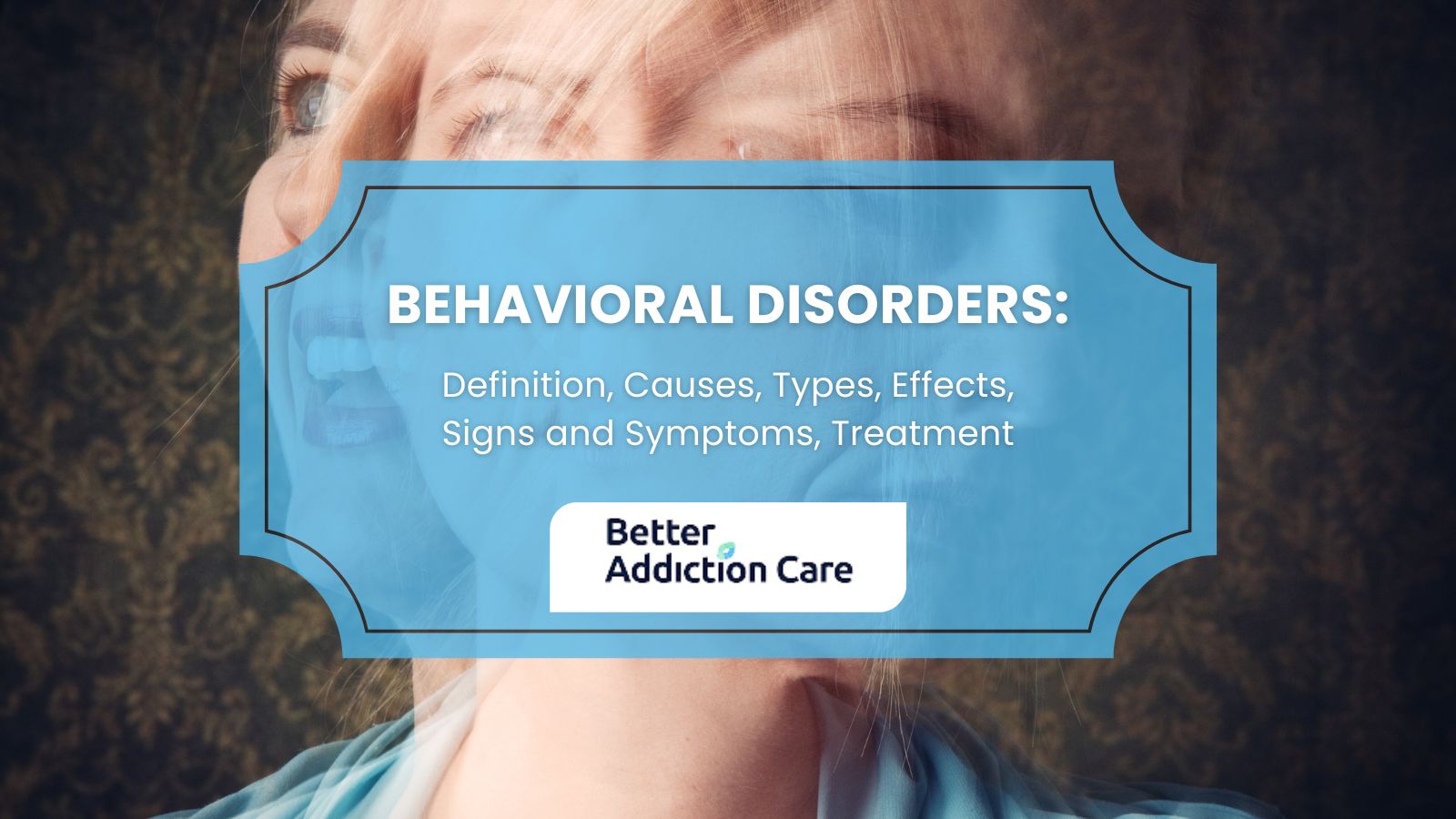Sanford Medical Center - Outpatient Behavioral Health - Child and Adolescent

Overview
Sanford Medical Center - Outpatient Behavioral Health - Child and Adolescent is a mental health treatment center for people seeking treatment near Cass County. As part of their treatment modalities for recovery, Sanford Medical Center - Outpatient Behavioral Health - Child and Adolescent provides group counseling, cognitive behavioral therapy, and dialectical behavior therapy during treatment. Sanford Medical Center - Outpatient Behavioral Health - Child and Adolescent is located in Fargo, North Dakota, accepting cash or self-payment for treatment.
Sanford Medical Center - Outpatient Behavioral Health - Child and Adolescent at a Glance
Payment Options
- Cash or self-payment
- Medicaid
- Medicare
- State-financed health insurance plan other than Medicaid
- Private health insurance
Assessments
- Comprehensive mental health assessment
Age Groups
- Children/adolescents
- Young adults
- Adults
- Seniors
Ancillary Services
- Family psychoeducation
- Suicide prevention services
Highlights About Sanford Medical Center - Outpatient Behavioral Health - Child and Adolescent
6.62/10
With an overall rating of 6.62/10, this facility has following balanced range of services. Alcohol Rehabilitation: 8.00/10, Drug Rehab and Detox: 6.00/10, Insurance and Payments: 6.00/10, Treatment Options: 6.49/10.-
Alcohol Rehabilitation 8.00
-
Treatment Options 6.49
-
Drug Rehab and Detox 6.00
-
Insurance and Payments 6.00
Treatment At Sanford Medical Center - Outpatient Behavioral Health - Child and Adolescent
Treatment Conditions
- Mental health treatment
Care Levels
- Outpatient
Treatment Modalities
- Group counseling
- Cognitive behavioral therapy
- Dialectical behavior therapy
- Telemedicine/telehealth therapy
- Abnormal involuntary movement scale
Ancillary Services
Additional Services
- Pharmacotherapies administered during treatment
- Metabolic syndrome monitoring
Special Programs
- Persons 18 and older with serious mental illness (SMI)
Contact Information
Read our Most Recent Article About Drug Addiction
DISCLAIMER: The facility name, logo and brand are the property and registered trademarks of Sanford Medical Center - Outpatient Behavioral Health - Child and Adolescent, and are being used for identification and informational purposes only. Use of these names, logos and brands shall not imply endorsement. BetterAddictionCare.com is not affiliated with or sponsored by Sanford Medical Center - Outpatient Behavioral Health - Child and Adolescent.








